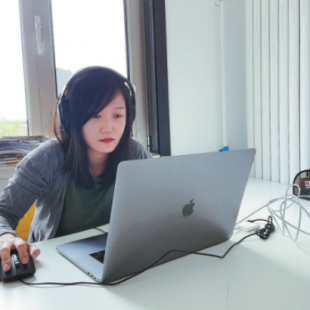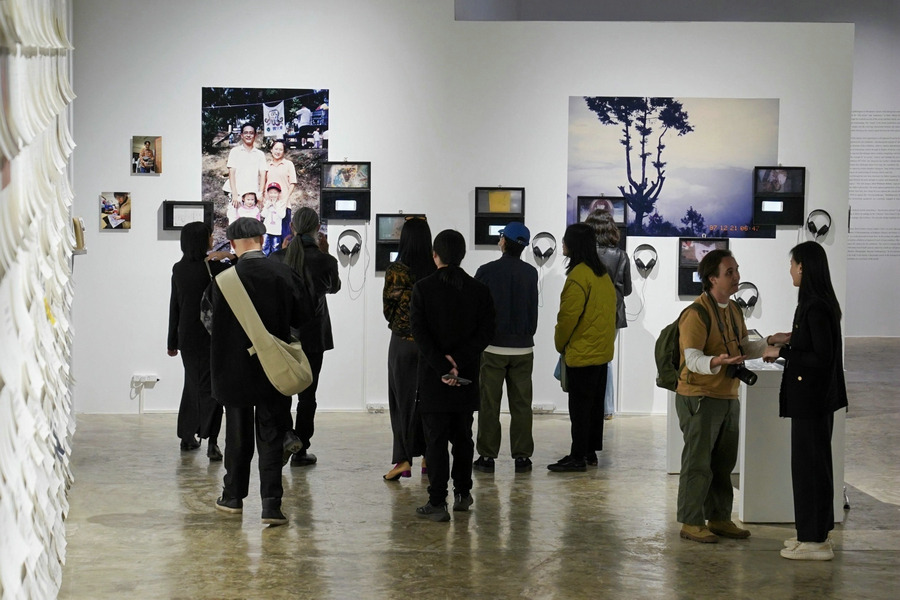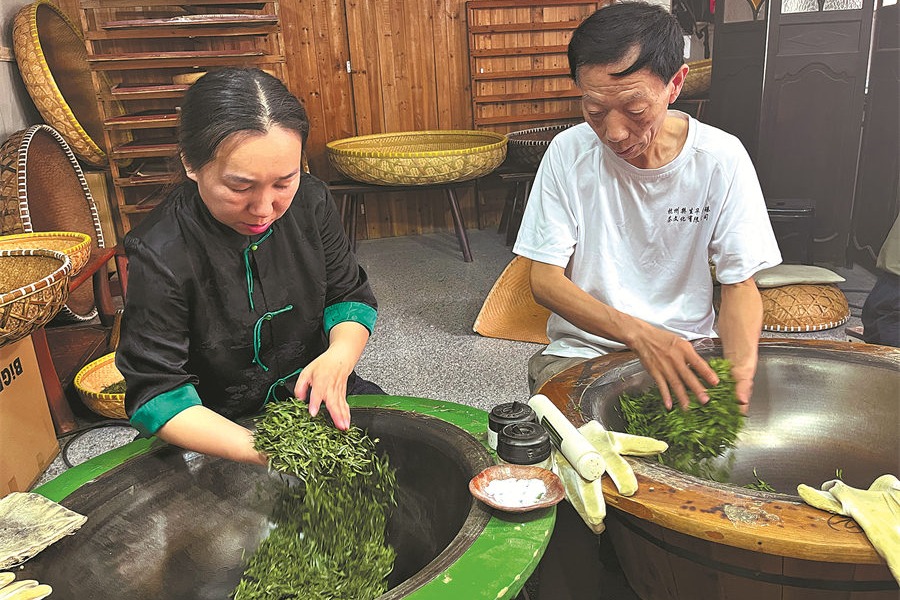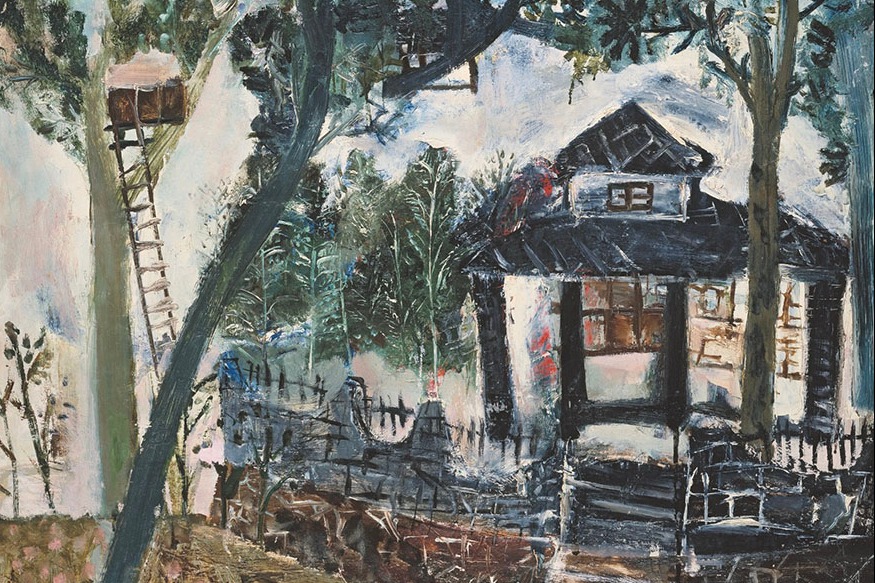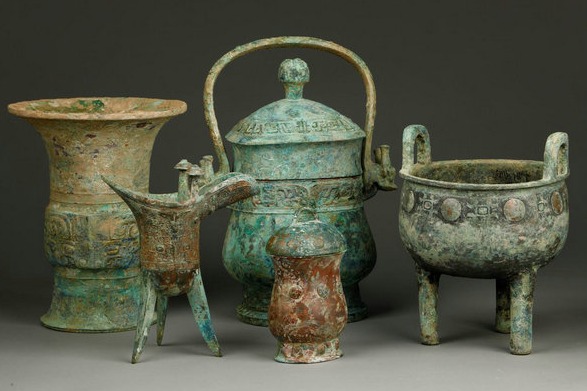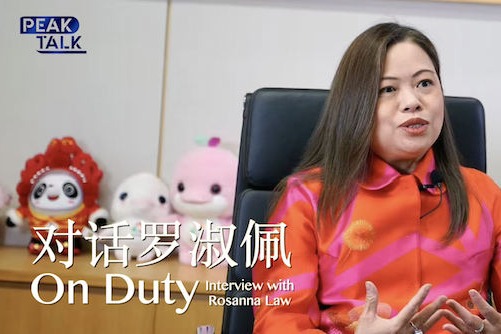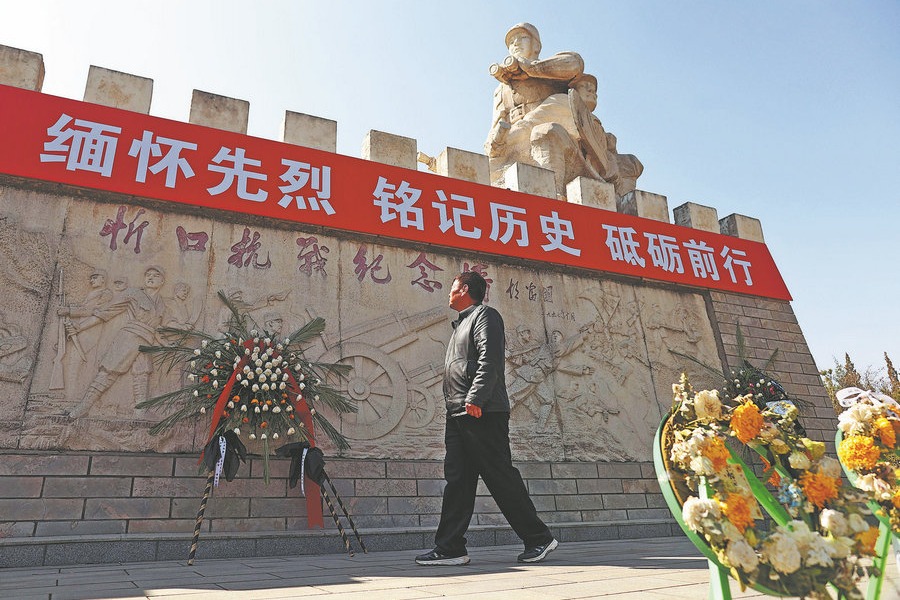Reality TV


Footage gathered by Tan and his team also included people's lives under quarantine and the daily routines of those under lockdown at home.
"We were able to find some footage of doctors and nurses who came to support Wuhan, but only before they were engaged in their work. Once they stepped into the hospitals, they no longer had the time to take selfies and record videos," he adds.
For each user who uploaded a video Tan found interesting, he would follow that user's updates and browse through all of the videos they had posted.
"Before the pandemic, they may have made funny videos, but since the lockdown began, they all started recording their daily lives," Tan points out.
He says he noticed that on Sina Weibo people tend to talk about the pandemic all day long, but it's more about expressing emotion, while on the short video-sharing platforms, it's more about recording the reality.
"The videos made by users are more relaxed and real. They talk to the camera directly, and they may present more angles to what life is like in Wuhan, even though it's not that continuous as a story," Tan says.
"Our documentary may be different to ones made by news agencies, but it's a record of Wuhan's people."
One highlight of the film is when it uses a split screen to show things that happened in Wuhan in different places at the same time.
Liang Junjian, a documentary director and associate professor at Tsinghua University, agrees that the documentary is different to more conventional productions.
"It's mainly narrations from different people, and it's a collection and recreation of this type of narration," Liang says.
He thinks that on one hand, employing user-generated content provides a wider picture, but, on the other hand, it can lack depth.
The documentary has received 7.4 points out of a total 10 on review site Douban. One comment says "there is no attempt at sensation or filtering, only the reality depicted in the film".
Wang Jing, producer of the documentary, says she believes that the project is a good opportunity for journalism students at the university to practice their skills.
"Usually a student would need assignments to start working, but this time we have a thought of the project first, then we scheduled the resources to fulfill it," she explains.
Contact the writer at liyingxue@chinadaily.com.cn


